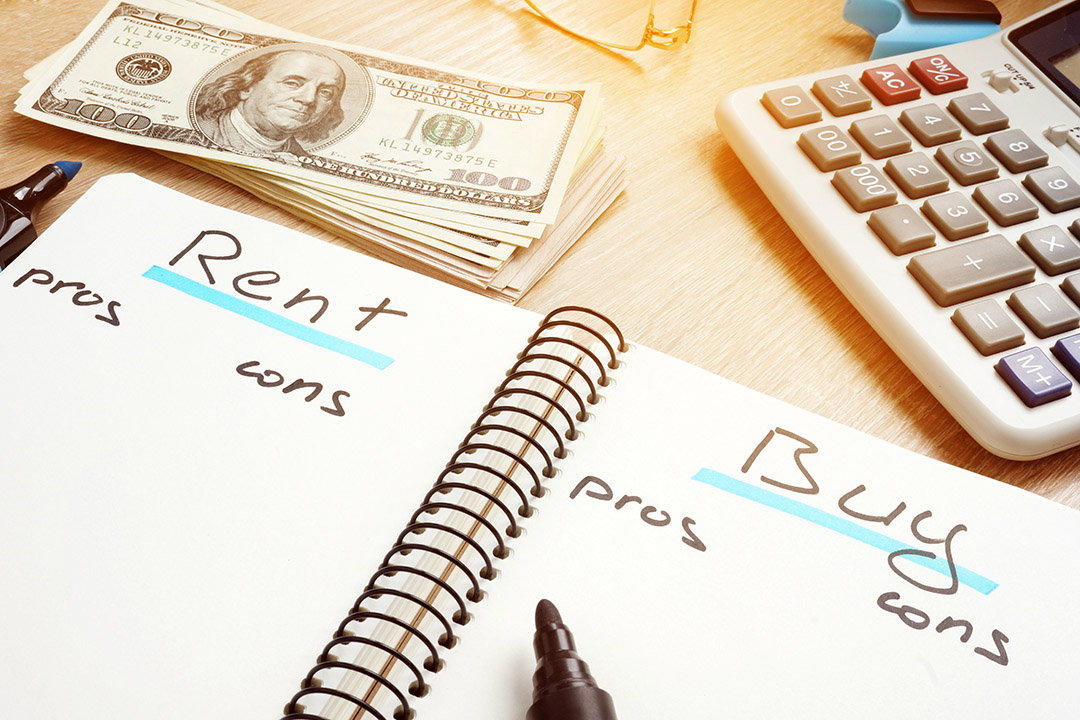
Renting vs. Buying a home in 2019
Here is your 2019 Guide to Renting vs Buying a home, complete with the advantages and disadvantages of renting vs. buying a home in 2019. Rising rents, absentee landlords, ugly wallpaper: At some point, nearly every renter has faced frustrations like these. If you’re planning to move in the future—especially in an area with high housing costs—you’ve probably asked yourself: Should I buy or rent my home? The answer that’s right for you will rely on several factors, ranging from the practical to the very personal.
“It’s a question I get asked all the time,” admits Jack Cooper, a Real Estate Attorney and Broker in Ellicott City, MD. “And my answer is always this: it depends.”
“Whether you rent or buy, it all comes down to your personal circumstances,” he continued. “Are you single or married? Saving for college or retirement? Do you love and appreciate having flexibility, or are you looking to put down roots? Those are all things worth thinking about.”
Like any big decision, it helps to weigh the pros and cons of buying and renting. Let’s look at renting first.
Benefits of renting vs buying a home
Flexibility and mobility: Renting a property allows more flexibility than owning a home. This is ideal for those who could be faced with sudden changes such as job relocation. Renting requires no long-term commitment from a Tenant and is the best option if you don’t intend on staying in one place for a long time.
Short-term savings: There’s a tremendous amount of money required to close on a house, including the down payment and closing costs. Many people feel like it’s money they’ll never see again (if they sell the house, it will roll into the next one they buy). When you rent, no one will ever ask you for 20% out of pocket for a down payment.
No maintenance hassles: An advantage that renters have over homeowners is that they have no maintenance costs or repair bills. When you rent a property, your landlord is responsible for all maintenance, improvement, and repairs. If an appliance stops working or your roof starts to leak, you call the landlord, and it gets fixed. Homeowners, on the other hand, are responsible for all home repairs, maintenance, and renovation costs. Depending on the nature of the repair, it can get quite costly.
Risks of renting vs buying a home
No property control: Want to paint your office neon blue? You’ll need to check with your landlord first. The same goes for hanging pictures, adopting a Great Dane puppy, or renovating the place to make it feel more like home.
No equity: Monthly rent payments don’t go towards ownership, nor do they build up equity that you can borrow against. Once you write that rent check every month, the money is gone. If you are planning to rent, use a rent calculator to help you figure out what you can afford.
Rent increases: When your lease runs out, your landlord is free to increase the rent—and they often do at a rate that outpaces inflation. This is especially true in competitive housing markets like Baltimore and Ellicott City and Owings Mills. When considering whether to rent or buy, add rent increases into the equation. Moreover, the renter should know what the lease can and cannot do before signing. Local laws do not always cover the conditions covered by leasing and tenancy agreements. The renter’s lease is legally binding when it comes to the living arrangements and the renter’s rights.
Now, let’s look at the flip side of the debate.
Benefits of buying and owning a home
There are fantastic reasons to buy your next home! With rents skyrocketing in cities like Baltimore, Ellicott City, Pikesville, and Catonsville, those reasons are adding up fast. Some advantages to buying a home are:
Financial stability: Unlike rent, which tends to increase regularly, with a fixed-rate mortgage your principal and interest rate will stay the same for the life of the loan. Use a mortgage calculator to figure out what those payments may look like and don’t forget to factor in other costs like insurance and private mortgage insurance (PMI) if you don’t have a full 20% deposit. If you find the perfect fit for your budget, homeownership provides a sense of security that’s appealing for anyone looking to put down roots or start a family.
Pride of ownership: Owning a home can give the homeowner a sense of pride and freedom not experienced as a renter. The homeowner has no landlord or rent payments which can increase every year. The buyer can maintain his home according to his/her wishes, enjoy pet ownership if desired, and relax in his/her own yard. Many first-time homeowners first acquire a condominium and then sell it if they get married and start raising a family, having the need for more space or a location closer to schools. Owning your own home and maintaining or improving it gives the property owner a sense of accomplishment and pride of ownership.
Building equity: When you subtract the amount you owe on your home loan from the total value of your house, the amount left over is your home equity-the “dollar” value of your home that actually belongs to you. There are two ways to build equity:
- With each monthly mortgage payment you make, a portion goes toward reducing the amount you owe on your loan, which increases your equity. In a sense, paying your mortgage is a form of savings, as it increases the equity in your home.
- As your home increases in the value, it creates more equity for you
In a sense, paying your mortgage is a form of savings, since it increases your home equity which you can tap into if you need money in the future.
When necessary, you can borrow against your home equity to meet a variety of financial needs, including home improvements, education or medical expenses. A home equity loan or line of credit can also be used to pay off high-interest credit card debt, since the interest rate is generally lower, and the interest payments are tax-deductible.
Moreover, homes typically increase in value as time goes on, building equity that you can use as a nest egg for your future.
Tax benefits: Several tax benefits cater exclusively to homeowners, allowing you to deduct things like mortgage interest and property taxes. It’s one of the great benefits of buying a house vs. renting. Consult your tax adviser regarding the deductibility of interest. The two big areas where homeownership can save a lot of money are:
- Interest expense: Homeowners can deduct interest expenses on up to $750,000 of mortgage debt from their income taxes, though when they itemize these deductions, they forgo the standard deduction of $12,000 for individuals or married couples filing individually, $18,000 for a head of household & $24,000 for married filing jointly.
- Capital appreciation: While the home increases in value during ownership, these gains are not taxed at the federal level & then homeowners can exclude up to $250,000 in-home appreciation when figuring their capital gains.
Downsides of buying a house
Higher upfront costs: A lender will offer you a mortgage only if you make a substantial upfront down payment. You might qualify for a down payment that ranges from 5% to 20% depending on the lender’s guidelines, the type of loan, and your credit score. Additionally, there are more closing costs—such as having to prepay a certain amount of homeowner’s insurance and inspection fees—that you must shell out at the closing table. Renters only have to come up with a maximum of a month or two of rent plus a security deposit.
Saving for a down payment, closing costs, title insurance, and other fees can seem daunting. However, there are financial assistance programs for first-time home buyers and veterans that can help. Here are a few tips on buying a house in 2019 to get you started.
Less flexibility: Unlike a lease that you can get out of after a year when you own a home, you’re responsible for the mortgage until you can sell it to someone else. So a question you may want to ask yourself is: “Where do you see yourself in five years?” Will this home purchase still be a good idea then? Do you have a job that will relocate you or your spouse? These are all factors that buyers sometimes ignore when looking to buy a home.
More maintenance: The most painful aspect of homeownership might be that the buck stops with you. Whether it’s mundane repairs like replacing door locks, fixing toilet leaks, and touch-up painting, or big-ticket items like new roofs, furnaces, or driveways — it all comes out of your pocket. What does this cost homeowners, on average?
A popular rule of thumb for annual maintenance is 1%. But that may be too low. U.S. News and World Report says that homeowners spend from 1% to 4% of a home’s value each year on maintenance and repairs.
That means for each $100,000 in housing value, you’ll incur about $167/month in maintenance costs.
It’s about more than just money when considering renting vs buying a home.
If you’ve been focused on crunching the numbers, step away from the spreadsheets for a moment and ask yourself a simple question: What feels right?
“Sure, you want to make a decision that’s a sound financial choice, but you also need to choose what fulfills you,” explained Cooper. “I have one client with six dogs that she loves. It’s hard to find a rental for that many animals, so buying was the right choice for her. Another client is in a great band and needs a house where he can make noise. On the flip side of that, I have friends who don’t want to deal with maintaining a place, so renting is a better option for them. At the end of the day, what will create the most joy for you?”
[/et_pb_text][/et_pb_column][/et_pb_row][/et_pb_section]



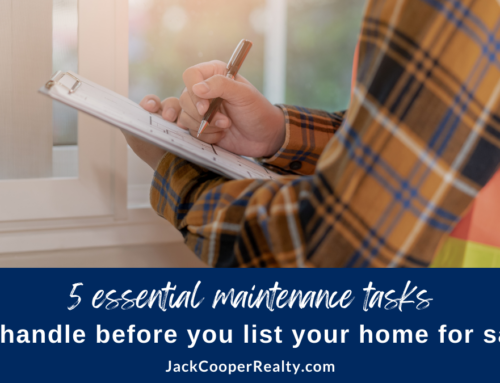




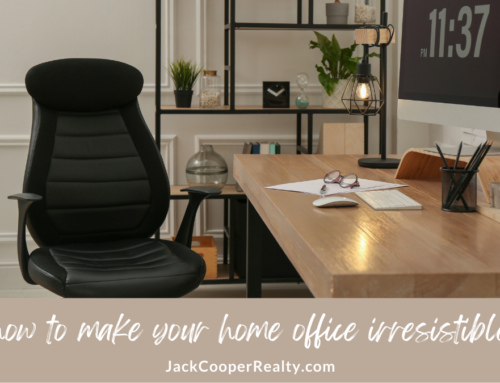



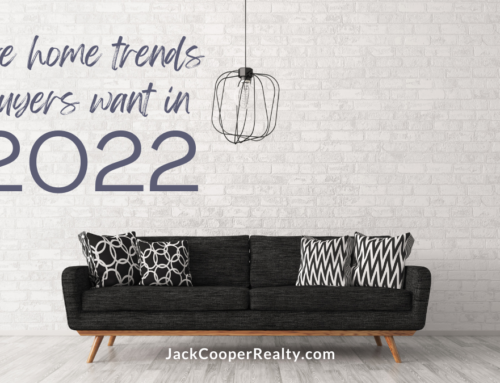














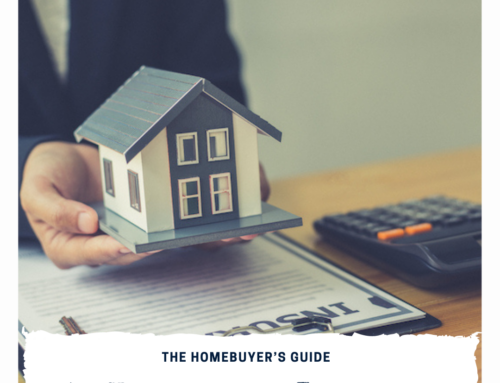

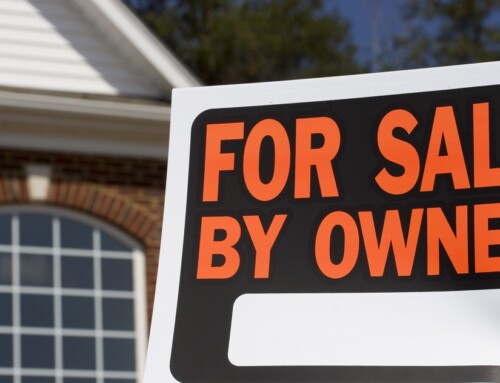
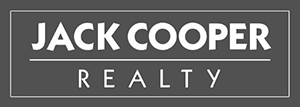


Follow Us